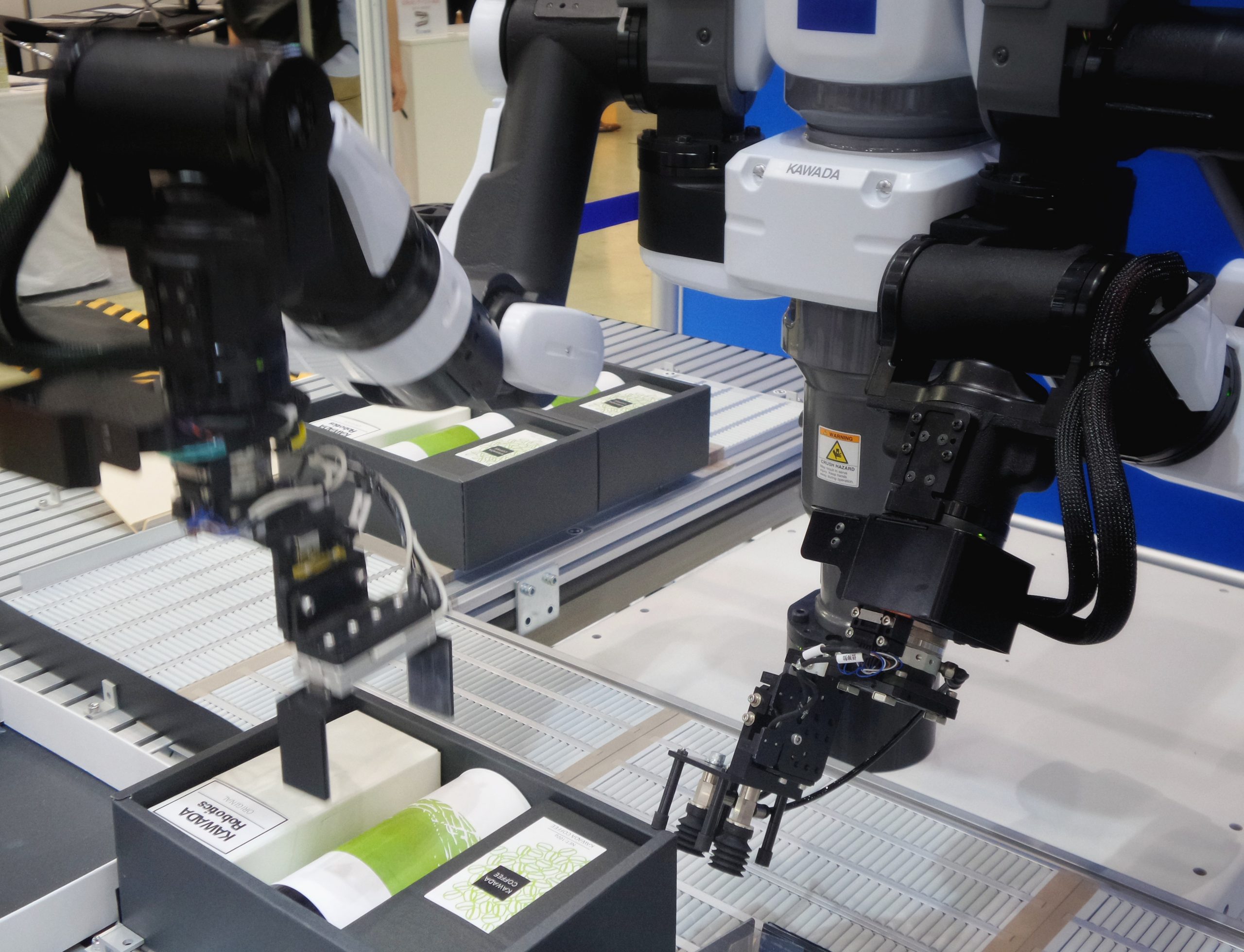For too many people work is just a way of paying the bills. If they won big on the lottery they would give it up tomorrow. Or so they say. But like the recently retired often they discover work provides more than just money, it provides status, they miss the banter and gossip, and often people talk about a loss of purpose and meaning.
We talk a lot about the work life balance but what about the balance within work between those activities which are routine, mundane and boring and those that are stimulating and challenging. There is plenty of evidence to support the view that employees engaged in work that they see as having purpose and meaning are more motivated, enthusiastic, committed and positive. Smart organisations would design jobs and the way people work to give purpose and meaning to the role rather than just focusing on efficiency.
So what makes a job interesting, challenging and satisfying?
Workers tend to feel satisfied when they have to complete a diverse range of tasks, this keeps people interested and engaged in their work. Workers also tend to want control over the work they do, they want to be able to have some say in what tasks they complete at a given moment. And to be able to do this they need managers to trust them.
The production line is a symbol of modern efficiency it is also the symbol of the alienated worker, a routine, repetitive task in which the worker makes the same small contribution to the overall construction of the car over and over never getting the satisfaction of seeing the task through from start to finish. Work increasingly taken over by robots. The same task of building a car takes on a whole new purpose and meaning when undertaken by a couple of enthusiasts wishing to restore a vintage model.
It is interesting to note that Senior management jobs tend to offer more job satisfaction, whatever the business, because they offer more scope for using initiative, being creative and problem solving.
So it’s part of the managers role to keep their team motivated, enthusiastic and positive about the work of the team. One way of doing this is to give the work purpose and meaning by explaining why what they do matters( contribution to bigger picture)and making them feel they can make a difference. But this is not enough organisations and their managers need to give more thought as to how they can redesign jobs to offer employees more scope for using their initiative, being creative and problem solving. Leaving the boring , repetitive jobs to the robots.









